GPTRACK50 is a game development studio fully funded by NetEase Games and headed by former Capcom veteran Hiroyuki Kobayashi. AUTOMATON recently had the opportunity to interview Kobayashi about GPTRACK50 and the mysterious new title the studio is currently working on.

Leaving Capcom and getting started on a brand-new action RPG
―To start things off, please introduce yourself.
Hiroyuki Kobayashi (hereafter Kobayashi):
I’m Hiroyuki Kobayashi, CEO of GPTRACK50. This year marks my 30th year in the game industry. I first joined Capcom as a programmer in 1995, and by chance, I got involved in the development of the first Resident Evil game released for the PS1. I was a programmer on Resident Evil and Resident Evil 2, and then became a planner – or game designer, as it’s called nowadays – for Dino Crisis. After that, I also provided some development support for Resident Evil 3.
From there, I made my debut as a producer with Dino Crisis 2. The title was released on September 13, 2000, so this year marks its 24th anniversary. I went on to work as a producer for the Devil May Cry and Resident Evil series and created Dragon’s Dogma with Itsuno (Hideaki Itsuno), who worked with me on DMC4.
While working on Dragon’s Dogma: Dark Arisen and Dragon’s Dogma Online, I was also involved in Sengoku Basara, which launched for the PS2 in 2005. I continued to work on various projects, including but not limited to game development, for the next 15 years, and after a total of 27 years at Capcom, I left and joined NetEase Games to launch GPTRACK50.
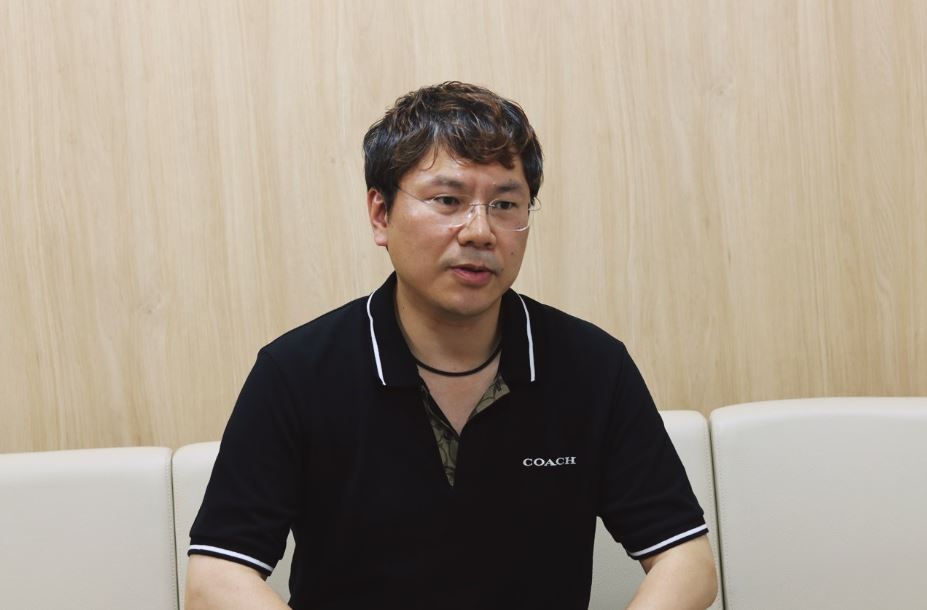
―Please tell us about what GPTRACK50 is working on at the moment. I’m under the impression that media mix is your field of expertise.
Kobayashi:
We are currently developing our first game – a 3D action RPG. After it takes shape, I am thinking of expanding it as a franchise in various ways. However, completing the game is our main goal at the moment. It has been in development for almost exactly 2 years.
Also, I’d like to note that it’s a single-player game. Many people assume that we’re making an online game for mobile platforms and PC because we’re a part of NetEase Games, so I’ve been making sure to stress that it’s going to be a single-player action RPG.
A smooth start with Unreal Engine but a tricky time making the right team
―GPTRACK50 is two years old now, but how would you describe the studio’s current state?
Kobayashi:
It’s been exactly two years since we founded the studio, and there are some things that are a lot different from what we initially imagined. I’d say it has become very clear what we did well and what we were less successful with. I originally planned to start up a second project once the development of our first game was going smoothly, as well as to make preparations for other forms of IP expansion (as I’m the producer).
―What did you have trouble with?
Kobayashi:
The trial and error involved in creating a brand-new IP was one thing, but it also took longer than expected to find people and form a team. As such, we’re now focusing solely on making our first game (laughs). On the other hand, although it was the first time that most of the other staff and I had worked with Unreal Engine, our output was surprisingly fast. We already had a playable mockup within a few months of starting development.
I remember having a lot of difficulties in the past related to using new hardware and game engines, but things took shape surprisingly smoothly with Unreal Engine, and it was a good start for us. It was a lot easier to discuss development with an actual running build than with paper documents and reference images, so we got on our feet very quickly.
―So, the project got off to a flying start.
Kobayashi:
That’s right. However, since our team was quite small during the first year of development, we didn’t make as much progress as planned when it came to graphics. I thought that we would be able to make our first announcement in about a year after founding the studio, but, while some things went well, others got delayed. As a result, it’s been two years, and we have yet to announce the game. On the other hand, our struggle to secure human resources led to us forming a team full of talented people who are compatible with the studio and good at what they do.
We still don’t have all the staff we need, but I think we’ve been able to secure about 80% to 90% of what we’re looking for. At first, we only had about 10 core members, but now we already have over 20 people on board. I’m proud to say that we’ve established a good team, and thanks to them, our 3D action game is taking shape into something very promising.
―Can you describe your role in the process?
Kobayashi:
I’m in charge of overall supervision. For example, when it comes to the game’s art, I hold weekly meetings to check the 2D art before it’s worked into 3D. I also keep track of the schedule for the creation of 3D assets, motion capture and other processes. I am the studio’s representative and executive producer, so I monitor the entire project’s progress. When producing a game, there’s an order as to which tasks should be prioritized, so I try to stay on top of things in this respect.
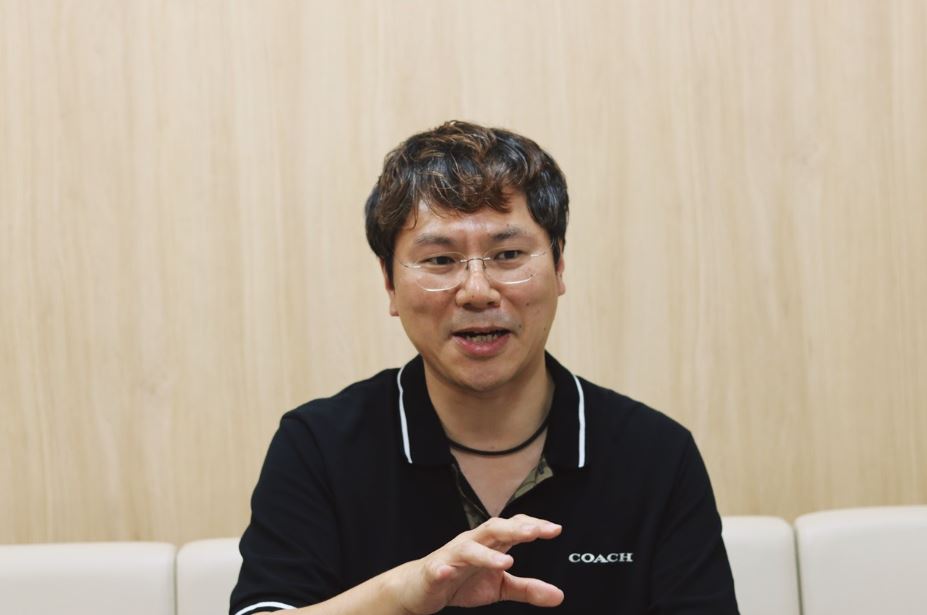
At my previous job, I dealt with small details relating to new IPs when they first launched, but as they grew into series and entered the later stages of development, I switched to overseeing things on a much larger scale. That’s why, being fully immersed in the development of a new, single game with GPTRACK50 feels quite nostalgic for me now. I used to work on 5 or even 10 titles at the same time (if we include ports), while also working on media mix projects. Compared to those days, my current environment allows me to concentrate a lot more and even take my time eating lunch (laughs).
What it means to be a producer
―Your track record as a producer is really impressive. What kind of producer do you see yourself as?
Kobayashi:
I don’t have experience as a director, so I don’t consider myself to be one of those producers who lean towards directing. In my career, I kind of skipped the role of director and became a producer right away. There are both pros and cons to this, but I think that there are aspects of game development that should be entrusted fully to the director, who is in daily contact with the staff.
Of course, I want to be aligned with the director and section leaders on major points regarding the game’s direction, so I participate in meetings with the development team. I want development to progress within a good environment, with an efficient schedule, and good staff – which is why I’m often on the preparation side of things.
―Something like a supporter, or assistant?
Kobayashi:
Something like a supporter, perhaps. Currently, I’m the company’s representative, head of general affairs and head of human resources, so I’m in charge of recruitment and general matters like running the office. I’m half involved in game development and half involved in administrative work.
Other than that, I also want to be actively involved in promotion. When I became a producer at my previous job, I was actively involved in marketing activities from the beginning. I want to keep doing promotional and publishing tasks at GPTRACK50 as a producer and work on these aspects together with the director and other producers.
―It’s interesting how you started out your career as a programmer.
Kobayashi:
Indeed. My background as a programmer made me fully understand how important it is to look at the whole picture when managing a project. I think I’m the best at this in the company (laughs). But this also means that I can’t look at all of the small details, so I entrust these things to the project manager and other producers. I love doing promotional work too. I like to do various tasks and fill in the gaps.
Is GPTRACK50’s new game pure action or an action RPG?
―About the game you’re making at GPTRACK50 – you have referred to it as both an “action game” and an “action RPG,” but which is it?
Kobayashi:
That’s a good question. When we first started making the game, the action mechanics were quite dominant, so I called it an action game. But then at one point, the staff told me, “But Kobayashi-san, the game has character growth and other RPG mechanics too” (laughs).
At that point, I realized it could be a big mistake to call it an action game and risk people incorrectly thinking it’s a very technical and difficult game where you keep dying. That’s why we kind of changed course and decided that we should call it an action RPG. With a fair dose of both action and RPG mechanics, it’s a game in which you develop your wisdom and character to progress. We switched to calling it an action RPG about a year after development started, but I’d like to note that we didn’t go back and change the actual game to accommodate this. We simply chose the description we thought was best suited to convey the game’s genre to players.
―“Action RPG” gives the impression of a game with a more elaborate system.
Kobayashi:
The starting point for our new game was that “we want to make a new action game,” but one of the various features we added to its system happened to be growth. I personally love the Super Mario games, but as an action game series, it has no elements of growth for the player’s character, does it?
When I compared our game to this, I thought it wouldn’t be very accurate to simply call it an action game, which is why “action RPG” seemed like a much better alternative.
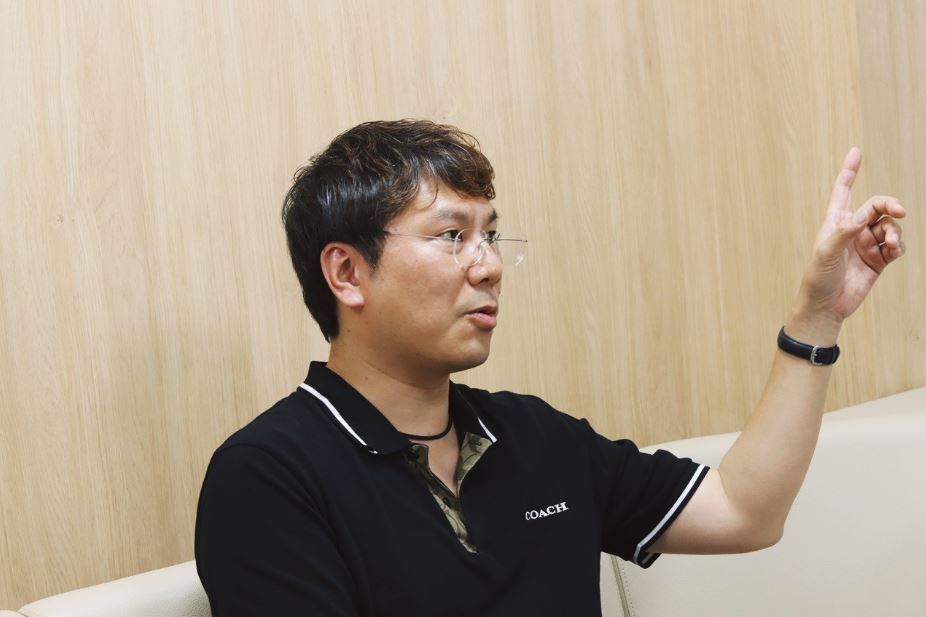
―You mentioned that you like the Super Mario series, but could you tell us more about what makes a good action game, in your opinion?
Kobayashi:
I’ll preface this by saying that these are my personal tastes, which may differ from my team’s opinions. The reason I like the Super Marios series is that it requires both brains and skill. For example, if we take the side-scrolling games, they require a decent amount of technique, but how you progress through each stage will change depending on how you use power-ups, so it leaves room for strategy too.
I have a story from the development of the first Devil May Cry game related to this. When we raised the level of player skill required, many people found it too difficult and couldn’t play the game. If players can’t perform the actions that the developers have envisioned, they will only get to experience half of the game’s appeal at best. We couldn’t have that happening, so we added an automatic assist function to Devil May Cry, making it so that players could automatically perform techniques by pressing down a button continuously. As a producer, I want a wide range of people to be able to play my game.
But going back to good action games, I personally prefer action RPGs, if we’re talking about genre. I’m not an extremely skilled gamer, so with pure action games that are difficult to a punishing degree, I become unable to progress, and things get boring for me. But at the same time, I don’t enjoy games that don’t require any technique either, so balanced action RPGs are the best for me personally.
―A good balance of technical and tactical, you mean?
Kobayashi:
That’s right. Also, the game’s responsiveness is very important. When I press buttons on the controller, I want the character on-screen to move as I intended, and for the action to feel cohesive and satisfying. This is something we’ve also managed to achieve in the game we are currently developing.
To be honest, I was initially worried about how responsive we could make the game, considering the team we formed and the external companies we had enlisted to support us. However, and I don’t mean to be rude to the team by saying this, I was surprised by how well it came out in this respect – I have no concerns at all anymore.
―Is it not a stylish game?
Kobayashi:
It’s cool, but it’s not stylish. It’s not like Dragon’s Dogma either. I’m aiming for something different to the games I’ve worked on up until now. I’ve even been told it’s “not Kobayashi-like” (laughs). When I asked a designer who I’ve known for just over 20 years to work on the game, he said the game was different to what he had expected. I was happy to hear that, as it meant I had succeeded in conveying something new.
―I feel like recent action games are kind of polarized between casual and punishing games. I understand that your upcoming title will be neither of the two extremes, but can you tell us about what will make it unique?
Kobayashi:
The main point we’re focusing on is incorporating new features into standard action. If we only use what’s already out there, the game will lack individuality, and it will be underwhelming.
Our entire team loves action games and they’re all itching to make something new. That said, if we were to attempt to make a completely unknown type of action game that no one has ever played before, the hurdle would be too high for us, and it would likely be too difficult for anyone to play. I don’t want that happening, so my approach is to incorporate new features into a relatively standard action game framework.
―Are you conscious of recent video game trends and marketing?
Kobayashi:
I’m conscious of popular releases. Just as I was thinking about how there are fewer single-player action RPG games these days, Black Myth: Wukong appeared on the scene. NetEase Games, our studio’s parent, is a Chinese company, so I was paying attention to Black Myth: Wukong as it was also developed in China. However, I didn’t expect it to blow up as much as it did. When I see such ambitious games, I really feel like supporting them.
―Black Myth: Wukong had a good balance of familiar and new elements.
Kobayashi:
As we’re also working on a new single-player action game, [Black Myth: Wukong] is a good reference for us.
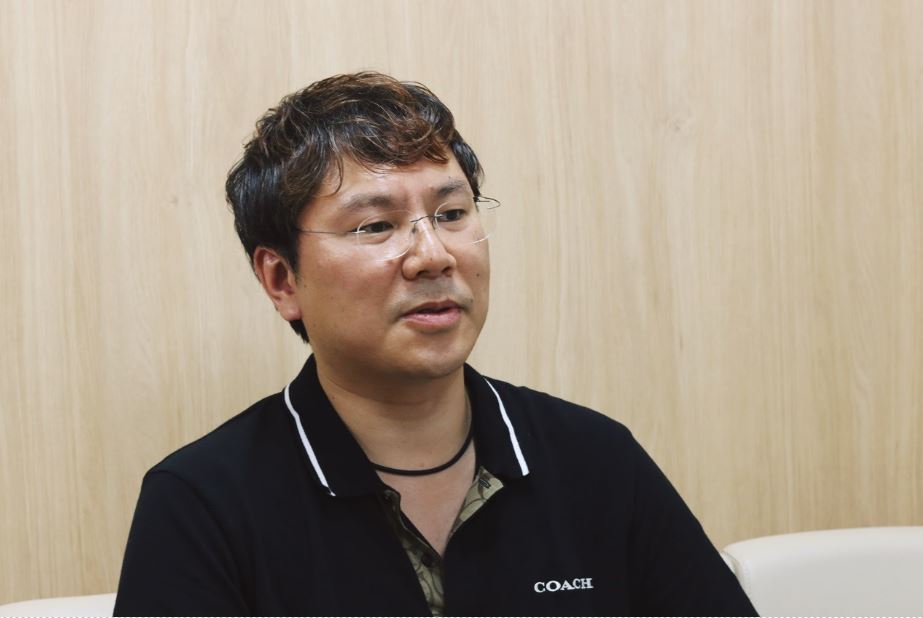
In the first part of this interview, we got to hear about Kobayashi’s career so far, the challenges his new studio has overcome, and the ambitious new title they’re cooking up. In part two, we will talk to Kobayashi as well as GPTRACK50’s lead engineer to find out more details about the inner workings of the studio.

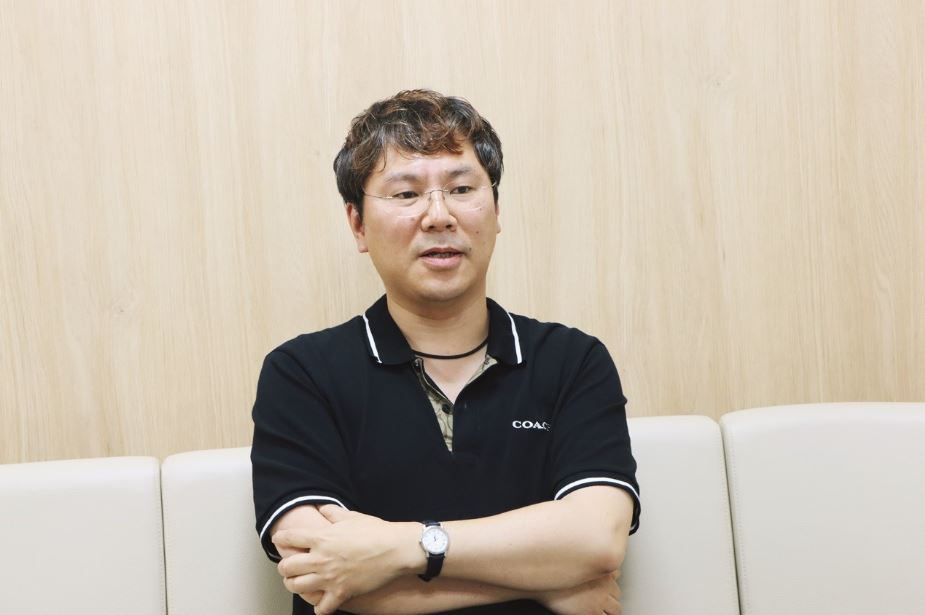
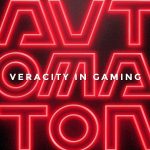
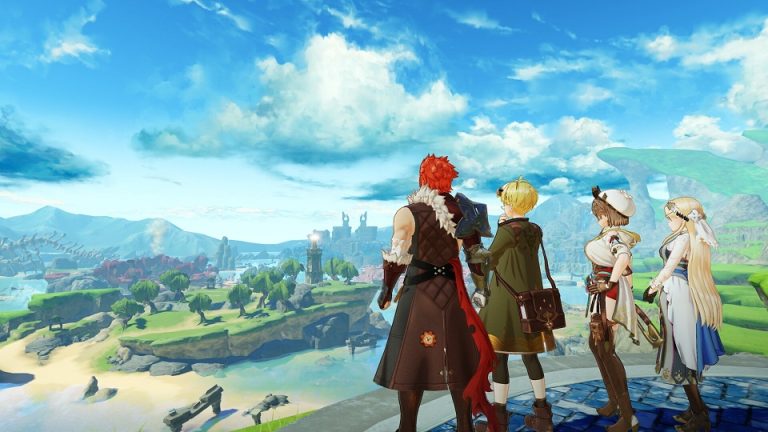
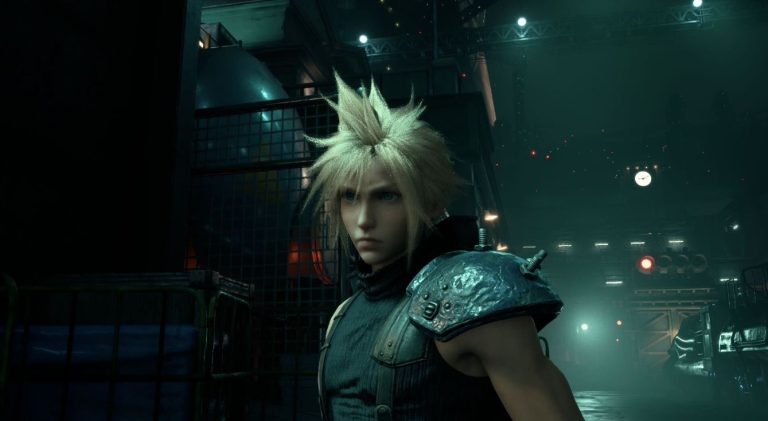
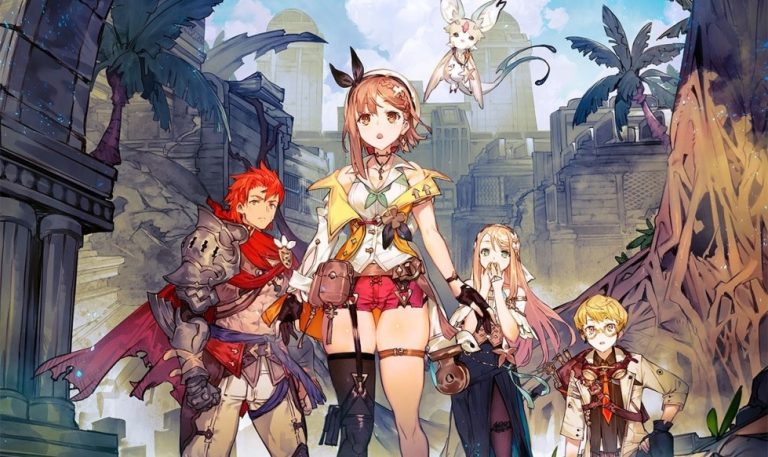
Thanks for the interview. As a fan of action single-player games, I’m really looking forward to see what they’re cooking up in this new studio.